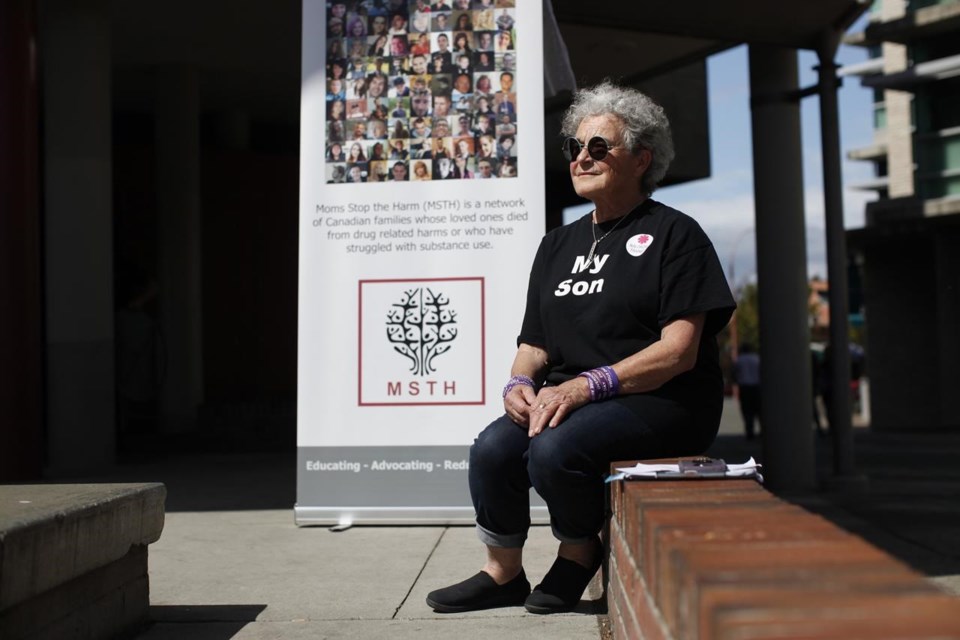VICTORIA — British Columbia's finance minister says the government is making the largest investment in mental health and addictions in the province's history as part of Budget 2021.Â
Selina Robinson said the budget includes $500 million over three years to expand youth mental health programs, add 195 treatment and recovery beds for substance users and expand programs that respond to the overdose crisis.Â
"We are taking action to help end the tragedy playing out in communities around British Columbia," Robinson said Tuesday. "Our plan meets the unprecedented need with a historic response."
That includes $330 million for treatment and recovery services for substance users, $152 million of which is dedicated to opioid treatment.Â
Emergency overdose prevention supports introduced during the pandemic will become permanent, such as the operation of new supervised consumption sites, Assertive Community Treatment teams and additional nursing supports, she said.Â
In the five years since B.C. declared a public health emergency in the overdose crisis, more than 7,000 people have died, including record numbers during the COVID-19 pandemic. Â
Forced isolation of the pandemic and disruption of illicit drug supply chains only made the problem worse with 1,176 illicit drug overdoses recorded in 2020.
Leslie McBain of Moms Stop the Harm said the announcement is positive, but a safer drug supply is needed to stop more deaths.Â
"Treatment and recovery is excellent, funding harm reduction efforts is wonderful too, but let's stop people dying in the first place," she said.Â
The budget includes $75 million over three years to improve access to mental health services, $53 million to expand early psychosis interventions, $14 million for the First Nations Health Authority and $8 million for eating disorder care and suicide prevention services.
Jonny Morris, CEO of the Canadian Mental Health Association, B.C. division, said it was "striking" to see such a large investment in addictions and mental health.
He said he was pleased to see some funds dedicated to suicide prevention and early psychosis interventions.Â
However, it falls short of the $2-billion investment over four years called for by the association, Morris said.Â
The closer the government gets to equalizing mental health and substance use spending with physical health care, the better it will be, he said.
"In the end we pay for it anyway through other parts of the system," he said.Â
Morris said he hopes the funding is followed with years of sustained investment.Â
"We're going to need to keep our foot on the pedal here going forward."
Chief coroner Lisa Lapointe and provincial health officer Dr. Bonnie Henry said last week moves to decriminalize possession of drugs, increase safe drug supplies and provide recovery programs are important steps, but more must be done.
The budget also targets support for children and youth with $97 million to quadruple the number of integrated child and youth support teams and expand other services like school-based programs.Â
"We are investing in our youth, so that small problems don't grow larger," Robinson says in her budget speech.
The funding for youth will also see the number of Foundry Centres across the province grow from 11 locations to 23 by 2024. The centres offer a one-stop shop for young people to access mental health care, substance use services, primary care, social services and peer support.Â
The mental health and addictions funding supports the province's 10-year Pathways to Hope strategy for care, Robinson says. The plan aims to move from a crisis-response approach to a system based on wellness promotion, prevention and early intervention.
— By Amy Smart in Vancouver.Â
This report by The Canadian Press was first published April 20, 2021.
The Canadian Press



